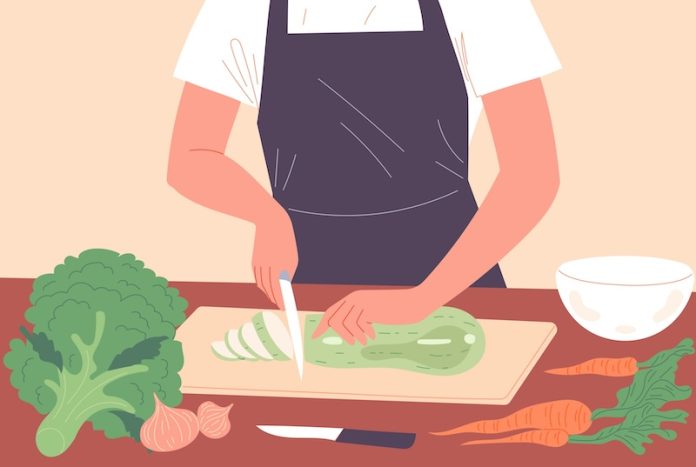
Breast cancer is a challenging journey, and surviving it is a significant victory. However, after overcoming cancer, survivors often face another challenge: an increased risk of heart disease.
Research suggests that the DASH (Dietary Approaches to Stop Hypertension) diet, originally developed to lower blood pressure, might also be beneficial in reducing heart disease risk among breast cancer survivors.
When someone goes through treatment for breast cancer, whether it’s chemotherapy, radiation, or hormone therapy, there’s an unintended impact on heart health.
These treatments can potentially damage the heart or lead to weight gain, increased blood pressure, and changes in cholesterol levels, all of which can raise the risk of heart disease. That’s why finding effective strategies to improve heart health post-treatment is crucial.
The DASH diet, rich in fruits, vegetables, whole grains, and lean proteins, while low in sodium, sweetened beverages, and red meats, is widely recommended to combat high blood pressure. But its benefits extend further.
Studies indicate that this diet not only helps in controlling blood pressure but also reduces the risk of developing heart disease.
One particular study followed a group of breast cancer survivors who adopted the DASH diet after their treatment. It was found that these women had a lower risk of developing heart complications compared to those who did not follow the diet.
The diet seemed to help by reducing blood pressure, lowering cholesterol, and promoting a healthy weight—all key factors in heart health.
What makes the DASH diet effective? It emphasizes eating a variety of nutrient-rich foods that support heart health. Fruits and vegetables, for instance, are high in vitamins, minerals, and antioxidants that can help protect the heart.
Whole grains provide fiber, which helps in managing cholesterol levels. Fish, which is encouraged in the DASH diet, contains omega-3 fatty acids known for their heart-protective properties.
Additionally, the DASH diet recommends limiting intake of salt and sodium, which is directly linked to high blood pressure—a major risk factor for heart disease.
By encouraging natural, whole foods over processed ones, the diet naturally reduces the intake of unhealthy fats and added sugars, further protecting the heart.
Implementing the DASH diet doesn’t have to be difficult. It can start with simple changes like adding a serving of vegetables to every meal, switching to whole-grain products, and choosing fish or poultry instead of red meat a few times a week.
The idea is to gradually increase these heart-healthy foods while reducing the intake of salt, sweets, and fatty meats.
For breast cancer survivors, the DASH diet offers a practical and evidence-backed pathway to better heart health. It’s about making smarter food choices that not only contribute to a lower risk of heart disease but also improve overall well-being.
Surviving breast cancer is a remarkable achievement, and adopting a heart-healthy eating plan like the DASH diet can be a proactive step towards safeguarding your health for the future.
It’s not just about living longer but also enhancing the quality of life, making every day healthier and more enjoyable.
Follow us on Twitter for more articles about this topic.
Copyright © 2024 Scientific Diet. All rights reserved.





